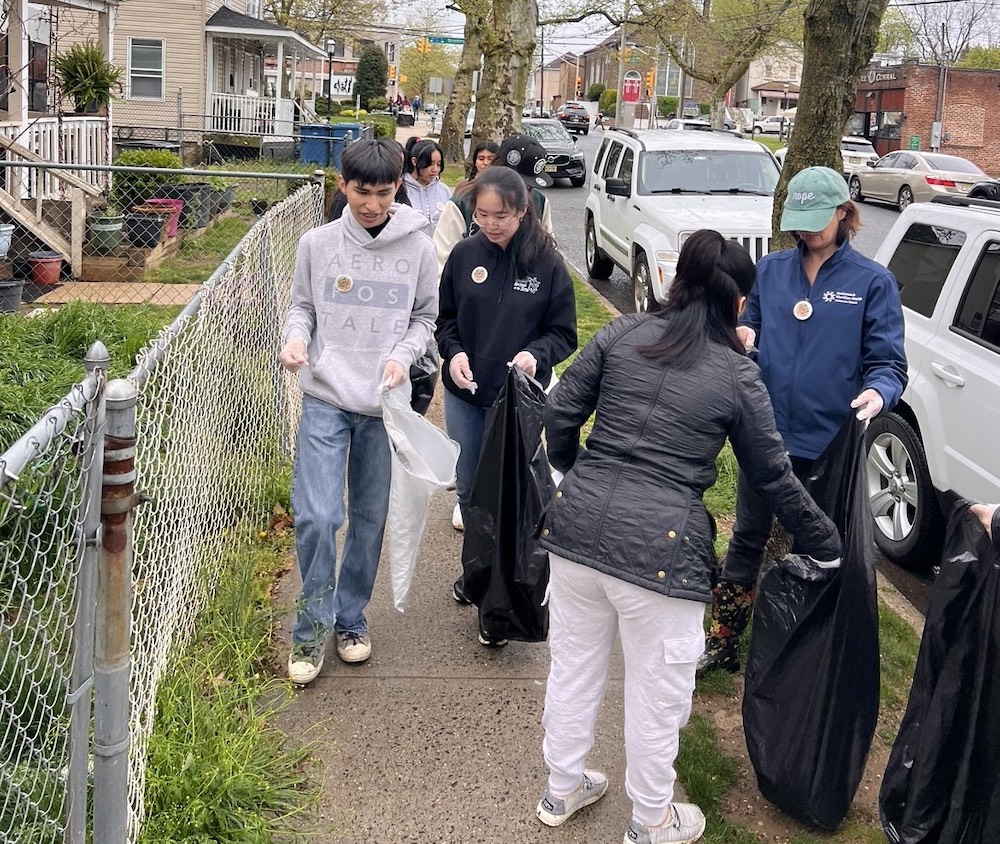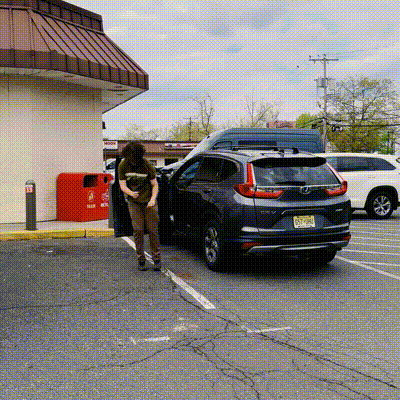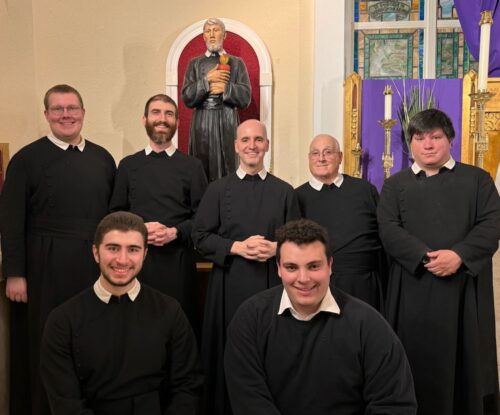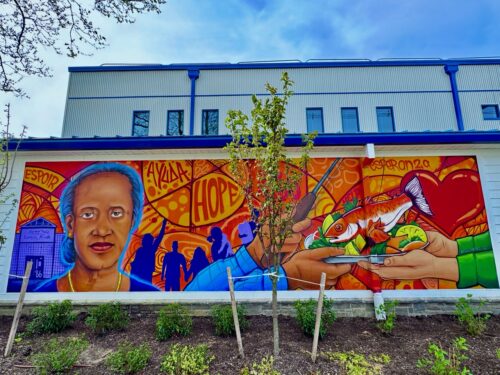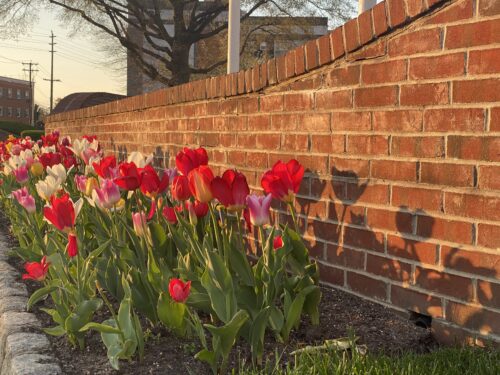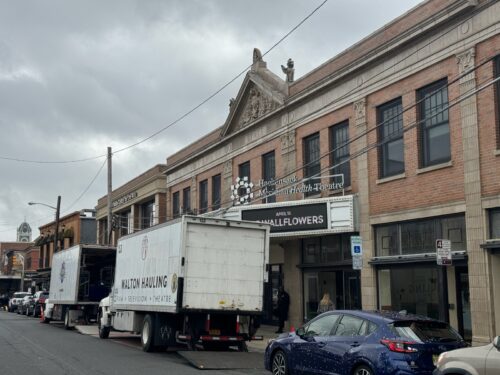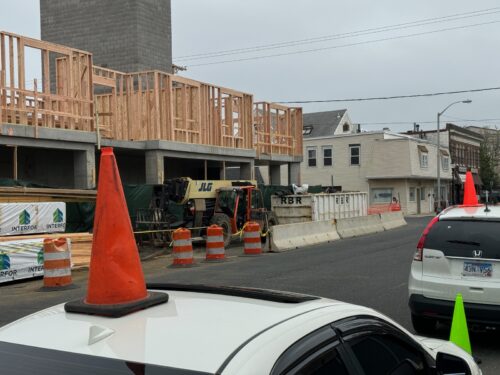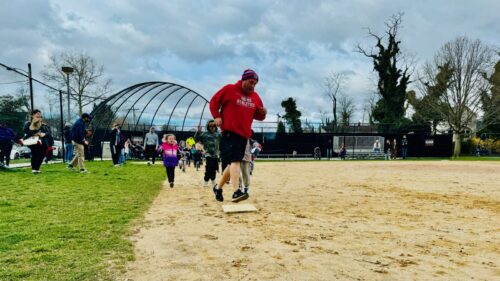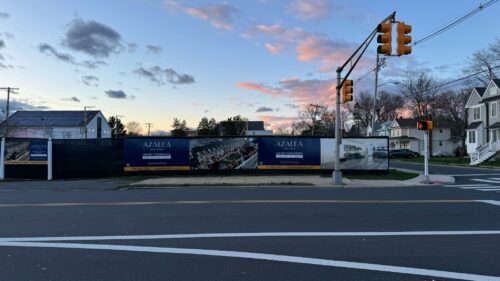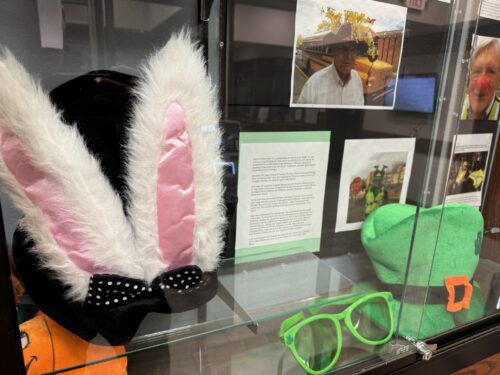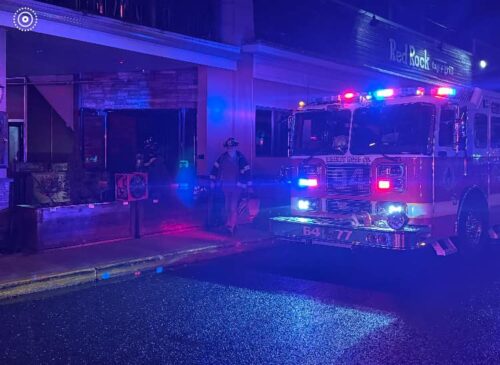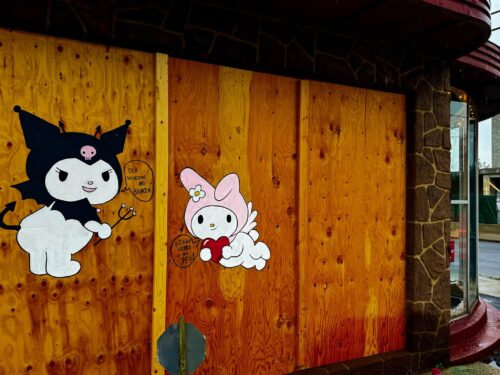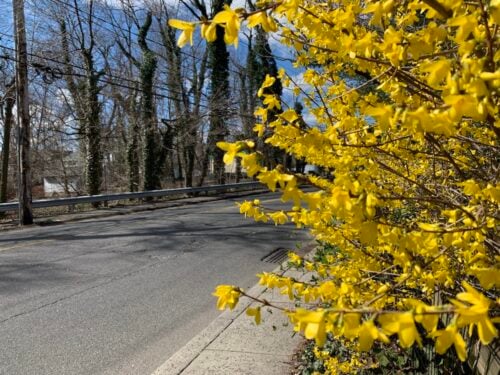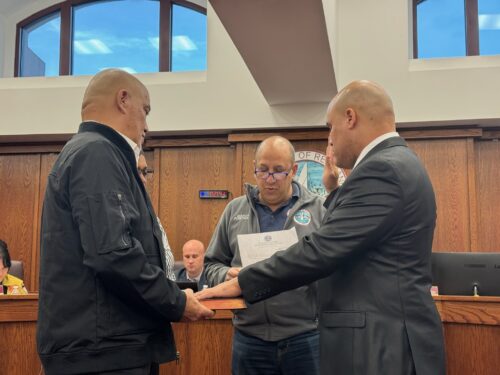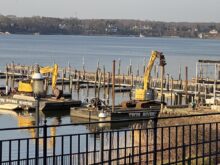
Business is tough these days for many Red Bank restaurants. And it’s not simply a matter of the winter blahs.
The economy has soured. Would-be patrons are turned off by the perception of aggressive ticketing by the borough Parking Authority, and by real or perceived parking shortages. Competition from Pier Village in Long Branch and even downtown Asbury Park is siphoning off business.
And that’s just the out-of-towner trade. Then there are closings of retail stores and less noticed second- and third-floor businesses that supply a steady flow of weekly customers. A doubling of taxes last year after a revaluation has added to the burdens of premium-priced leases.
“You know what it is? It’s the two-, four-, six-person offices,” says Gary Sable, who owns That Hot Dog Place off Monmouth Street. “It’s the parking, it’s the rents. They’re moving out to Tinton Falls, moving out to Wall Township.”
As Zebu Forno owner Andrew Gennusa sees it, the problem is a borough administration that is indifferent to the impacts that soaring taxes and picayune code enforcement have on downtown businesses. “They have a heavy hand in this town,” Gennusa tells redbankgreen.
Conditions, in other words, are widely thought to be less than ideal for businesses that require big capital investments and daily purchases of large amounts of perishable inventory.
So roughly a dozen owners of restaurants, delis and takeout businesses from throughout Red Bank not just the downtown have decided to put their heads together to see what they might do collectively for themselves.
At this point, it’s little more than a concept, but they think they may have gotten the ball rolling on forming a restaurant association, an organization that will cater (pardon) specifically to their needs.
“Restaurants bring a lot of business into this town,” says George Lyristis, who owns The Bistro at Red Bank on Broad Street with his brothers Charlie and Tasso. “But we don’t have a voice.”
The restaurant owners met earlier this month in the conference room at the Broad Street office of Red Bank RiverCenter, which oversees the special improvement district that embraces all of downtown and a portion of the West Side business zone.
Present were Gennusa and Lyristis, as well as representatives of Osteria Dante, the New Corner Restaurant, the Little Kraut, the Front Street Trattoria, Willy’s Steaks and the Molly Pitcher Inn, among others. Nancy Adams, RiverCenter’s executive director, facilitated the discussion, in which gripes and constructive ideas were tossed around as a first-pass filtering of what issues the group might focus on.
“It’s all good when everyone’s working toward the same goal,” says Adams.
From that first bull session emerged ideas about collective buying of supplies and how the restaurants might get a bigger bang out of the large annual events such as the Red Bank Jazz & Blues Festival at Marine Park, where a caravan of fast-food trucks few of them locally based suck up most of the spending on food that takes place.
Parking was also a big concern, says Lyristis, who thinks the ticket issuers are too unforgiving, slapping $38 citations on windshields minutes after a meter runs out. While he was at the meeting, he says, someone sent a photo to his cell phone of his own car being ticketed.
“There has to be a happy medium” between the town’s need to raise revenue and the interests of businesses and customers, says Lyristis.
That said, Lyristis believes that the restaurants have a responsibility to try to boost business activity by doing a better job of marketing the town as a dining destination and organizing food-centered events. Expecting RiverCenter to carry that burden is unrealistic, he says, given that the organization is charged with promoting the business district in general.
“With a group effort, we can make some changes,” he says. “You can’t always ask somebody else to fix the problem.”
The idea for the association came from Joe Albergo, chef and co-owner of Osteria Dante, who sees declining foot traffic as the industry’s number one issue.
“It doesn’t matter if you’re a pizzeria or a sit-down restaurant it’s all the same problem,” he says. “I figured it would be better if we all worked together to try to collectively bring people into town, instead of just waiting for people to come back,” Albergo says.
And if nothing else, the gathering could serve as a “support group,” says Albergo, for people who toil away against the same challenges but don’t often cross paths with one another because of their schedules.



